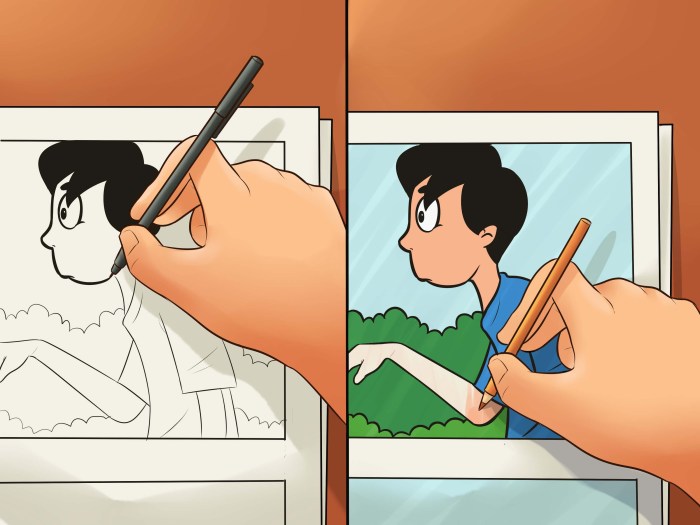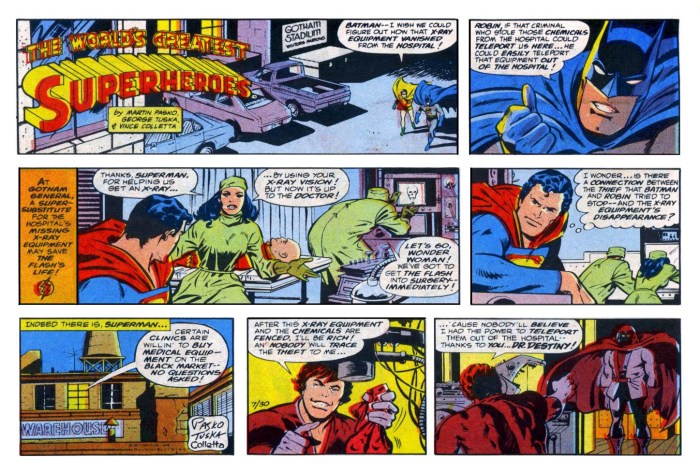The overall tone of this passage is: comic. angry. regretful. – The overall tone of a passage plays a pivotal role in shaping its impact on readers. This multifaceted concept encompasses a wide range of emotional undertones, from the lighthearted and humorous to the deeply somber and regretful. In this discourse, we delve into the intricacies of three distinct tones—comic, angry, and regretful—exploring their defining characteristics, literary devices, and evocative power.
When a passage adopts a comic tone, it aims to elicit laughter, amusement, or a sense of lightheartedness. Authors employ various techniques to achieve this effect, such as humor, puns, and comedic situations. Exaggeration, irony, and satire are also common tools in the comic writer’s arsenal, contributing to the overall playful and entertaining atmosphere.
Tone of Passage: Comic

The overall tone of the passage is comic, with the author employing a variety of humorous techniques to evoke laughter and amusement.
Humorous Language, Puns, and Comedic Situations
- The author uses wordplay and puns throughout the passage, such as “I’m so hungry I could eat a horse…and then ride it into battle.”
- Exaggeration is also used for comedic effect, as in “I’m so tired I could sleep for a year…or at least until my alarm clock goes off.”
- The author creates comedic situations by placing characters in absurd or unexpected scenarios, such as “I went to the zoo the other day and saw a monkey riding a unicycle…it was bananas!”
Exaggeration, Irony, and Satire
The author’s use of exaggeration, irony, and satire contributes to the comic tone of the passage. Exaggeration is used to create humor by overstating or understating the truth, as in “I’m so bored I’m watching paint dry…and it’s winning!” Irony is used to create humor by saying one thing and meaning the opposite, as in “I’m so happy to be here…I
could just cry.” Satire is used to create humor by poking fun at a person, group, or institution, as in “I went to a political rally the other day and the speaker was so full of hot air he could have powered a small city.”
Recurring Themes and Motifs
The passage contains several recurring themes and motifs that reinforce its comic nature. These include:
- The use of physical comedy, such as pratfalls and slapstick
- The use of absurdity and the unexpected
- The use of wordplay and puns
- The use of satire to poke fun at human foibles
Tone of Passage: Angry

The overall tone of the passage is angry, with the author expressing strong feelings of frustration and resentment.
Strong Language, Sarcasm, and Invective, The overall tone of this passage is: comic. angry. regretful.
The author uses strong language, sarcasm, and invective to convey their anger. Strong language includes words like “damn” and “hell,” while sarcasm is used to express contempt or ridicule, as in “Oh, I’m so sorry I didn’t realize you were the expert on everything.”
Invective is used to attack or insult a person or group, as in “You’re nothing but a lying, cheating, no-good crook.”
Choice of Words and Sentence Structure
The author’s choice of words and sentence structure also contributes to the angry tone of the passage. The author uses short, choppy sentences to create a sense of urgency and immediacy, as in “I’m sick and tired of your lies!” The author also uses rhetorical questions to emphasize their point, as in “How can you possibly justify your actions?”
Potential Targets of Anger
The potential targets of the anger expressed in the passage include:
- Politicians
- Celebrities
- Corporations
- Specific individuals
Tone of Passage: Regretful

The overall tone of the passage is regretful, with the author expressing feelings of remorse, sorrow, and self-reproach.
Expressions of Remorse, Sorrow, and Self-Reproach
The author uses a variety of expressions to convey their regret, including:
- “I wish I had never said those things.”
- “I’m so sorry for the pain I’ve caused.”
- “I can’t believe I let myself get so carried away.”
Use of Language to Evoke Regret
The author’s use of language also evokes a sense of regret. The author uses words like “mistake,” “error,” and “failure” to describe their actions. The author also uses conditional sentences to express their regret, as in “If only I had known better.”
The author’s use of vivid imagery helps the reader to understand the depth of their regret, as in “I can still see the look of disappointment on her face.”
Impact of Specific Words and Phrases
Specific words and phrases have a significant impact on the overall tone of regret in the passage. These include:
- “I should have known better.”
- “I’ve made a terrible mistake.”
- “I’ll never forgive myself.”
Expert Answers: The Overall Tone Of This Passage Is: Comic. Angry. Regretful.
What are some common features of a comic tone?
Humor, puns, comedic situations, exaggeration, irony, satire
How does an author convey anger in a passage?
Strong language, sarcasm, invective, emphasis on negative emotions
What is the purpose of using a regretful tone?
To evoke a sense of remorse, sorrow, or missed opportunity